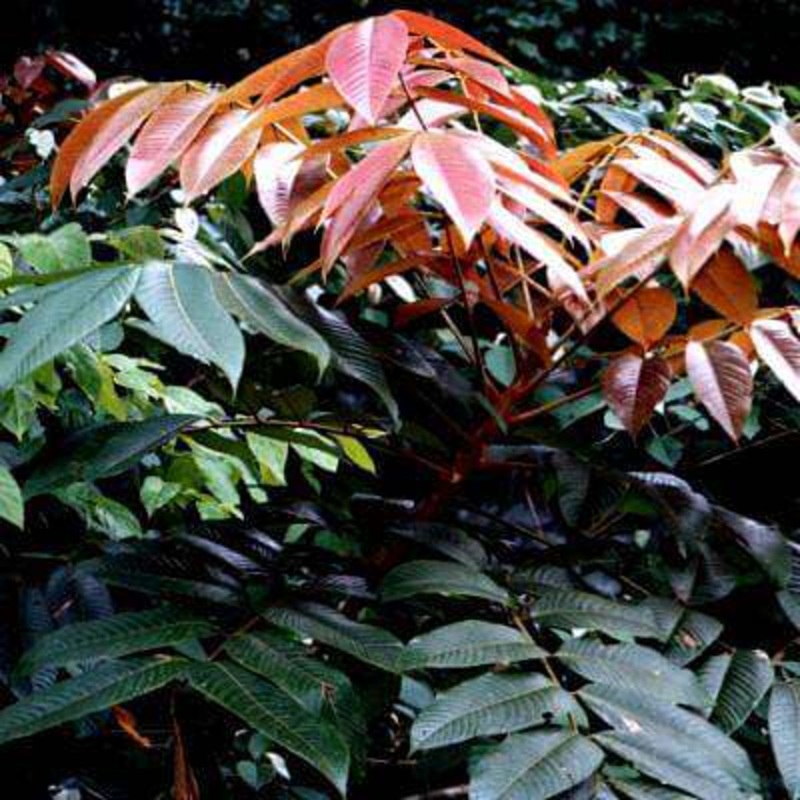Capparis spinosa - The Caper Plant
Capparis spinosa, commonly known as the caper plant, is a perennial shrub native to the Mediterranean region. Renowned for its unique, tangy flower buds, which are harvested and pickled to create the culinary delight known as capers, this plant is not only a staple in Mediterranean cuisine but also a symbol of resilience, thriving in arid conditions. With its lush green leaves and striking white flowers, Capparis spinosa adds both beauty and flavor to gardens and dishes alike.
What makes Capparis spinosa special is its ability to flourish in poor, rocky soils and withstand drought, making it an eco-friendly choice for sustainable gardening. This hardy plant is also known for its medicinal properties, historically used to treat various ailments, from digestive issues to skin conditions. Its versatility and resilience make it a favorite among gardeners and chefs alike.
One of the standout features of Capparis spinosa is its unique flowering cycle. The plant produces large, fragrant white flowers that bloom in the summer, attracting pollinators like bees and butterflies. Additionally, the caper buds are harvested before they bloom, providing a tangy flavor that enhances a variety of dishes, from pasta to salads.
Growing Instructions
- Plant in well-drained soil with a pH of 7.0 to 8.0.
- Choose a sunny location, as Capparis spinosa thrives in full sun (6-8 hours of sunlight daily).
- Space plants 3-4 feet apart to allow for growth.
- Water sparingly; allow the soil to dry out between watering.
Care Instructions
- Prune in late winter to promote new growth and remove dead or damaged branches.
- Fertilize with a balanced fertilizer in early spring.
- Monitor for pests like aphids and spider mites; treat with organic insecticides if necessary.
- Mulch around the base to retain moisture and suppress weeds.
Uses
- Harvest caper buds when they are still tight and green for pickling.
- Use capers in salads, pasta dishes, and sauces for a burst of flavor.
- Explore its medicinal uses, including anti-inflammatory and antioxidant properties.
- Utilize the leaves and flowers in herbal teas or as garnishes.
Fun Facts
- Capparis spinosa has been cultivated since ancient times, with references found in Roman texts.
- The caper plant can live for over 30 years, making it a long-lasting addition to your garden.
- Capers are low in calories and rich in antioxidants, making them a healthy addition to meals.
- This plant is also known for its ability to improve soil quality, contributing positively to its environment.

